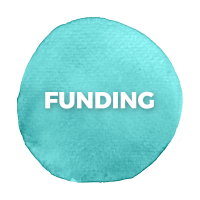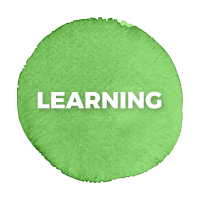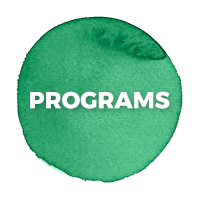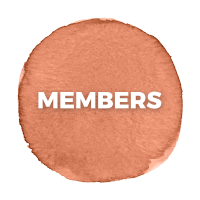Indigenous Ways of Knowing and Being
ECALA funded and took part in two Indigenous Living with Literacy research projects (2015 and 2018) which resulted in several changes to funding literacy learning opportunities for Indigenous learners.
Goals and objectives of the projects include:
- Building upon senior leader support for advancing Belonging, Inclusion, Reconciliation and Diversity
- Model diversity and inclusiveness at the board, senior leadership, and staff levels
- Create an inclusive and welcoming environment (such as the Land Acknowledgement)
- Analyze ECALA granting processes
- Build capacity to engage the community around conversations of Belonging, Inclusion, Reconciliation and Diversity.
ECALA employs an Indigenous Education Liaison to help Indigenous and non-Indigenous organizations to increase engagement with Indigenous learners and to provide coaching and mentoring and Indigenous professional development. ECALA’s staff and board receive guidance from the Indigenous Working Group.
Acknowledging the land is an Indigenous protocol used to express gratitude to those who reside here and to honour the Indigenous people who have lived and worked on this land historically and presently. It allows us the opportunity to appreciate the unique role and relationship that each of us has with the land. Sharing a land acknowledgement also provides a gentle reminder of the broader perspectives that expand our understanding to encompass the long-standing, rich history of the land and our privileged role in residing here.
Indigenous Working Group
The Indigenous Working Group (IWG) meets several times throughout the year. The IWG members are:
- Brittany Whitford (ECALA Indigenous Education Liaison)
- Leona Carter
- Ed Lavallee
- Phyllis Steeves
The ECALA Board ratified the recommendations from the IWG to fund courses with four Indigenous organizations: Ben Calf Robe Society, Creating Hope Society, Dickinsfield Amity House, The Learning Centre Literacy Association and The Red Road Healing Society. We would like to thank the IWG for their guidance and support through the sharing of teachings and traditional and cultural knowledge throughout the year.


Resources
- Aboriginal Edmonton – A Statistical Story 2009
- Blackstock, Cindy – Spirit Bear: Fishing for Knowledge, Catching Dreams
- ECALA Indigenous Smudge Brochure
- ECALA ReconciliAction Card
- ECALA Truth and Reconciliation Calls to Action
- First Peoples Principles of Learning
- LIVING WITH LITERACY – A Review of Literacy Programming For Urban Aboriginal Learners
- Our Buffalo Hunts by Victoria Callihoo
- Powwow Times
- The Way In Word of the Prairies Photo Essay of Real Lives





